From the
Assistant Principal
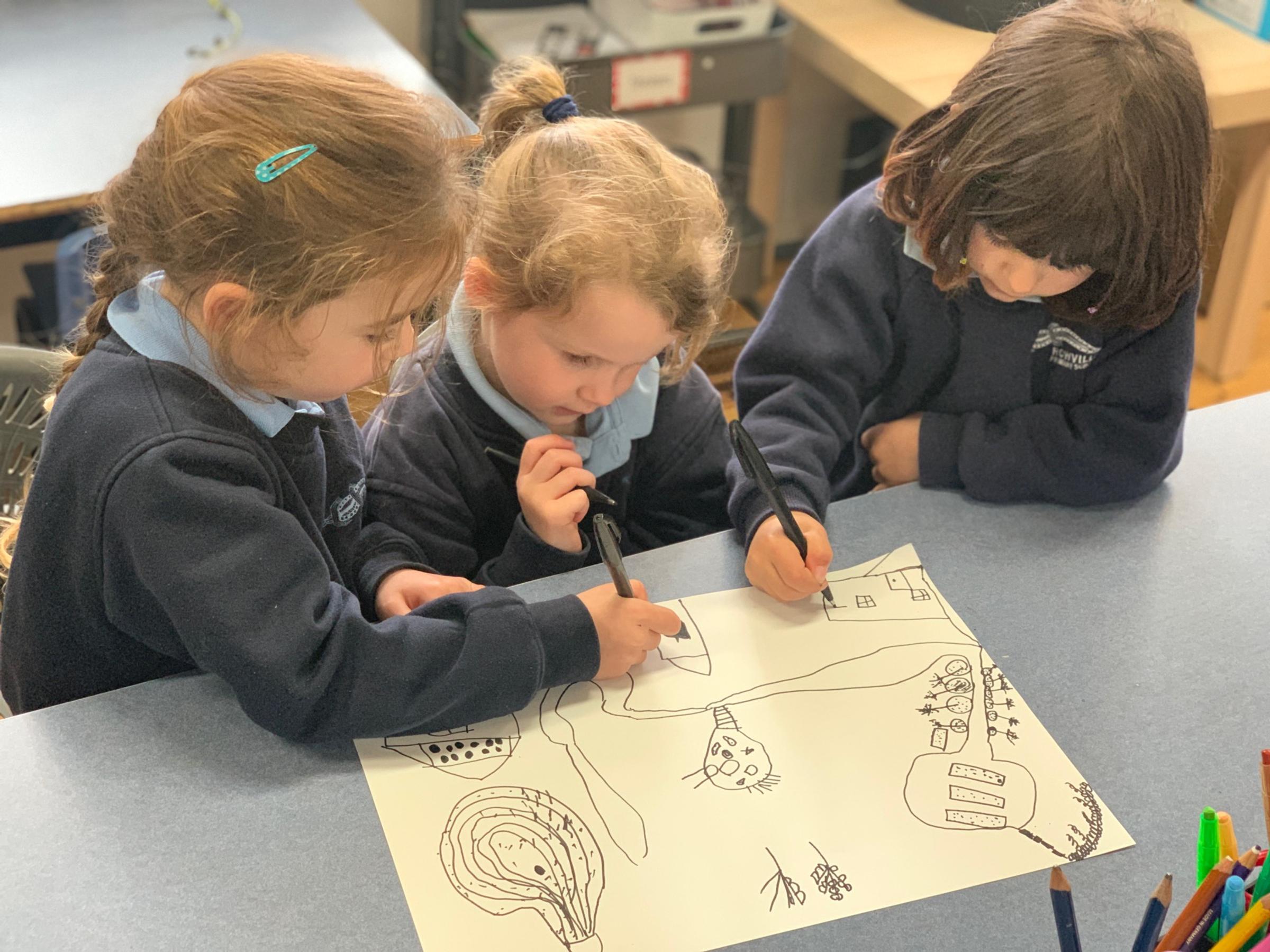
From the
Assistant Principal
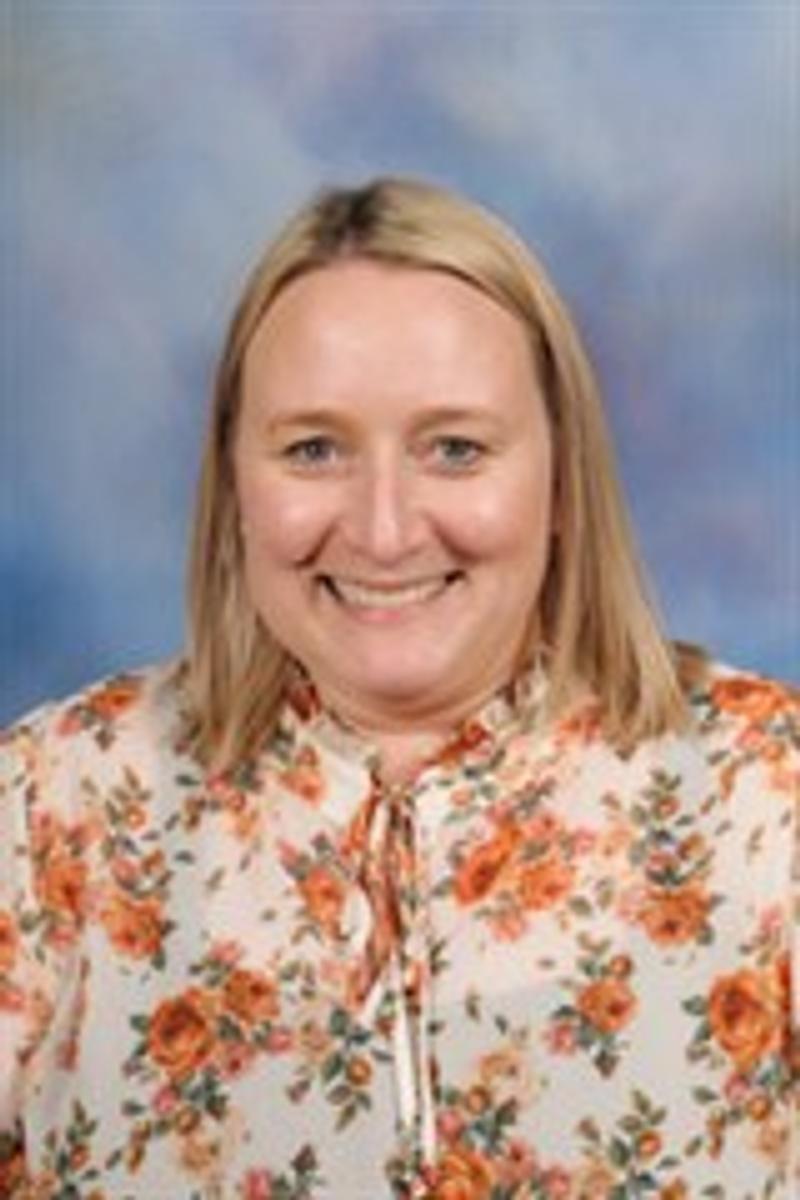

Dear Parents/Carers,
This week is National Science Week; an annual celebration of science and technology. The aim of National Science Week is to encourage an interest in science and STEM.
At Rowville Primary School, we have so many opportunities to learn about How Our World Works; both in our classroom and in our specialist learning areas including STEM sessions, kitchen and garden. When learning about the world around us, students are encouraged to be curious, creative, innovative and compassionate. It is the joy of curiosity and exploration that often drives our students to be critical and creative thinkers. In STEM and Garden and Environment sessions, students explore and experiment with the world they live in through different fields of science including Physics, Biology, Botany, Chemistry, Computer and Earth and Space Sciences, developing a solid foundation for understanding how we are all part of this world, the responsibilities we have as citizens on this Earth and how our world works. Students are encouraged to think deeply and critically about their existing knowledge and learn to ‘cut and paste’ their knowledge as their understanding develops. In STEM, Mathematics, Engineering and Technology are also interwoven into the learning so that students can apply their knowledge, skills and new understandings in meaningful ways.
Curiosity about the world around us drives a lot of the learning in these sessions. Research has shown that curiosity has a huge impact on school performance, hard work and effort. Being curious releases dopamine, the ‘feel good’ hormone which plays an important role in memory and motivation . . . and it is addictive! We always want more of it! This is why curiosity is often referred to as the heart of life-long learning.
Although it often drives parents and teachers crazy, children who are curious often ask the most incredible questions that often have us feeling gobsmacked at the knowledge of the world that they already have! Some of these questions are answered on the wonderful podcast on ABC Listen called ‘Imagine This.’ Each podcast ranges from 10-15 minutes and focuses on one topic such as ‘How do caterpillars turn into butterflies’ and ‘How did people come up with words.’ This podcast is suitable for children (and adults) of all ages!
Another great way to foster curiosity is to model your own wonderings. Our STEM teacher Mrs Coveney often shares a lot of her wonderings! I have often overheard STEM sessions where she will think aloud and share her wonderings with students, and I have seen students that are hunting birds nests, feathers or fungi in the yard because she pointed one out to students and wondered aloud, "I wonder if there are any others in our school?" Often answers to these wonderings are not needed, they simply encourage students to think critically about what they are doing and make connections with their existing knowledge. Simply demonstrating curiosity about the world around us models to our children that we are life-long learners too.
This week, to celebrate National Science Week, our STEM Working Party designed a scavenger hunt for all students in the school. The clues had a science theme and lead students to different areas in the school. There was so much excitement on Tuesday when the clues were posted. It was great to see our senior students work collaboratively with the junior students to help them read and decipher the clues and students from different year levels all working together to figure out where to go next!
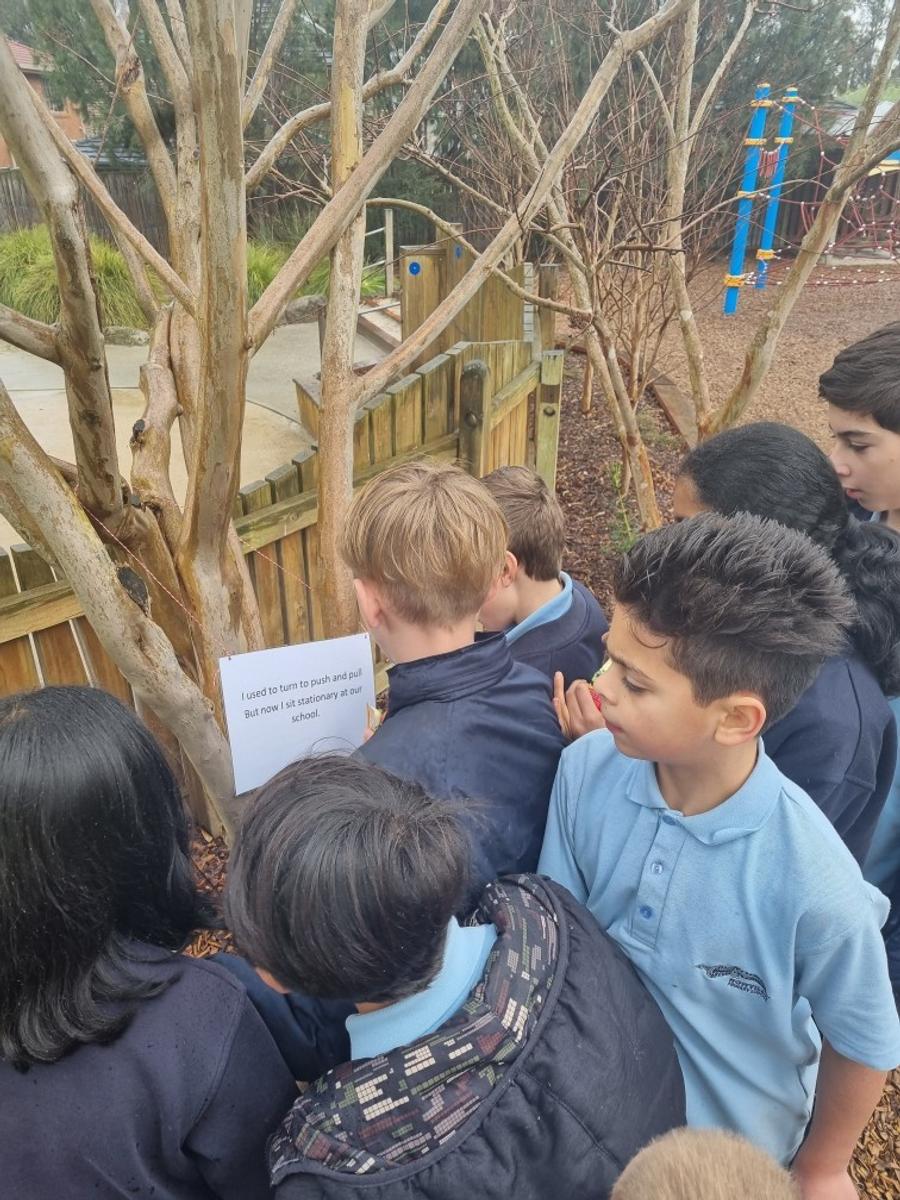
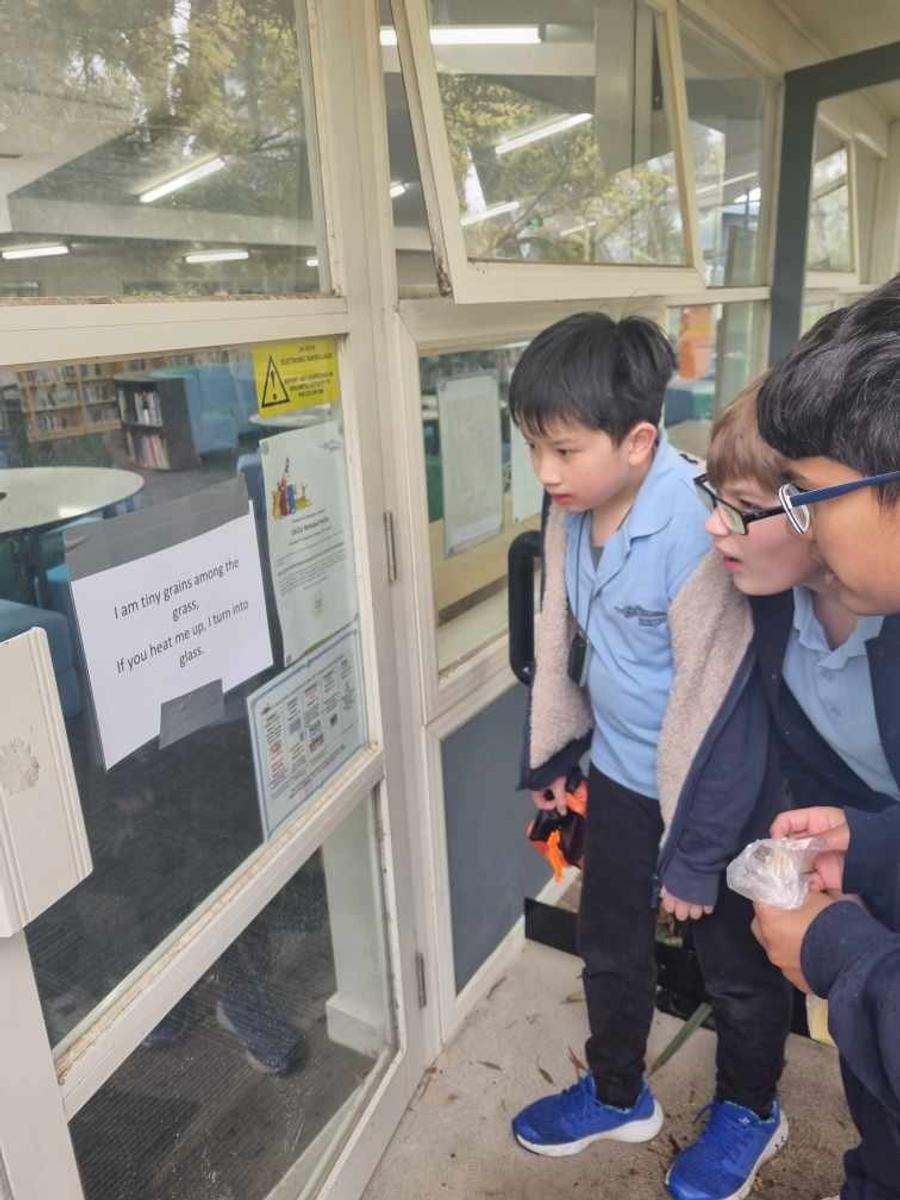
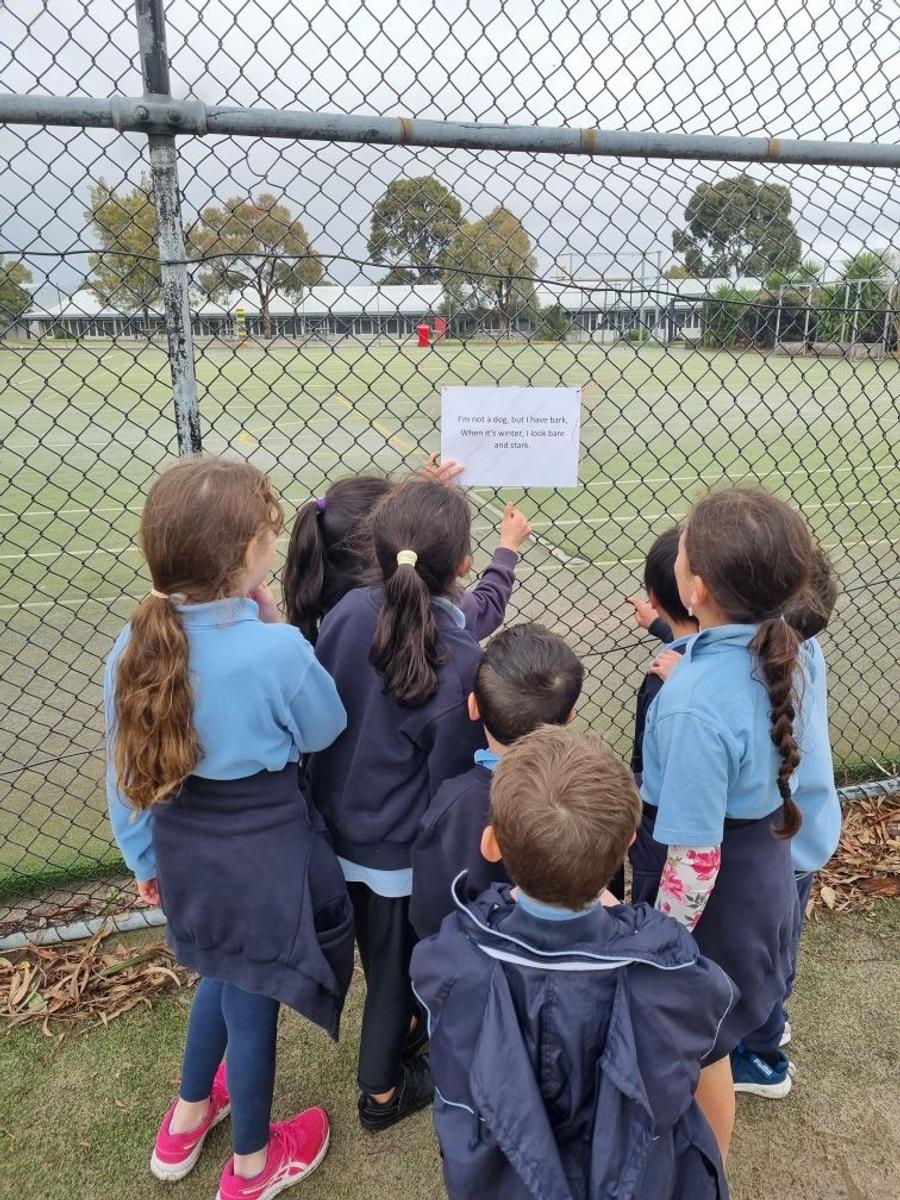



Kind Regards,
Tiffany Bamford
Assistant Principal